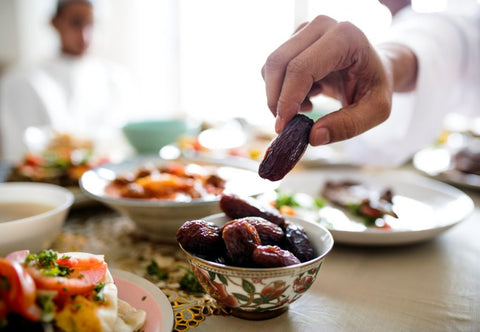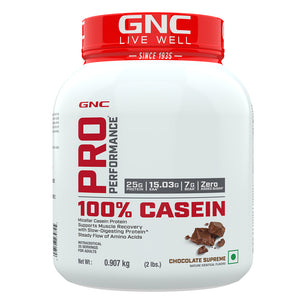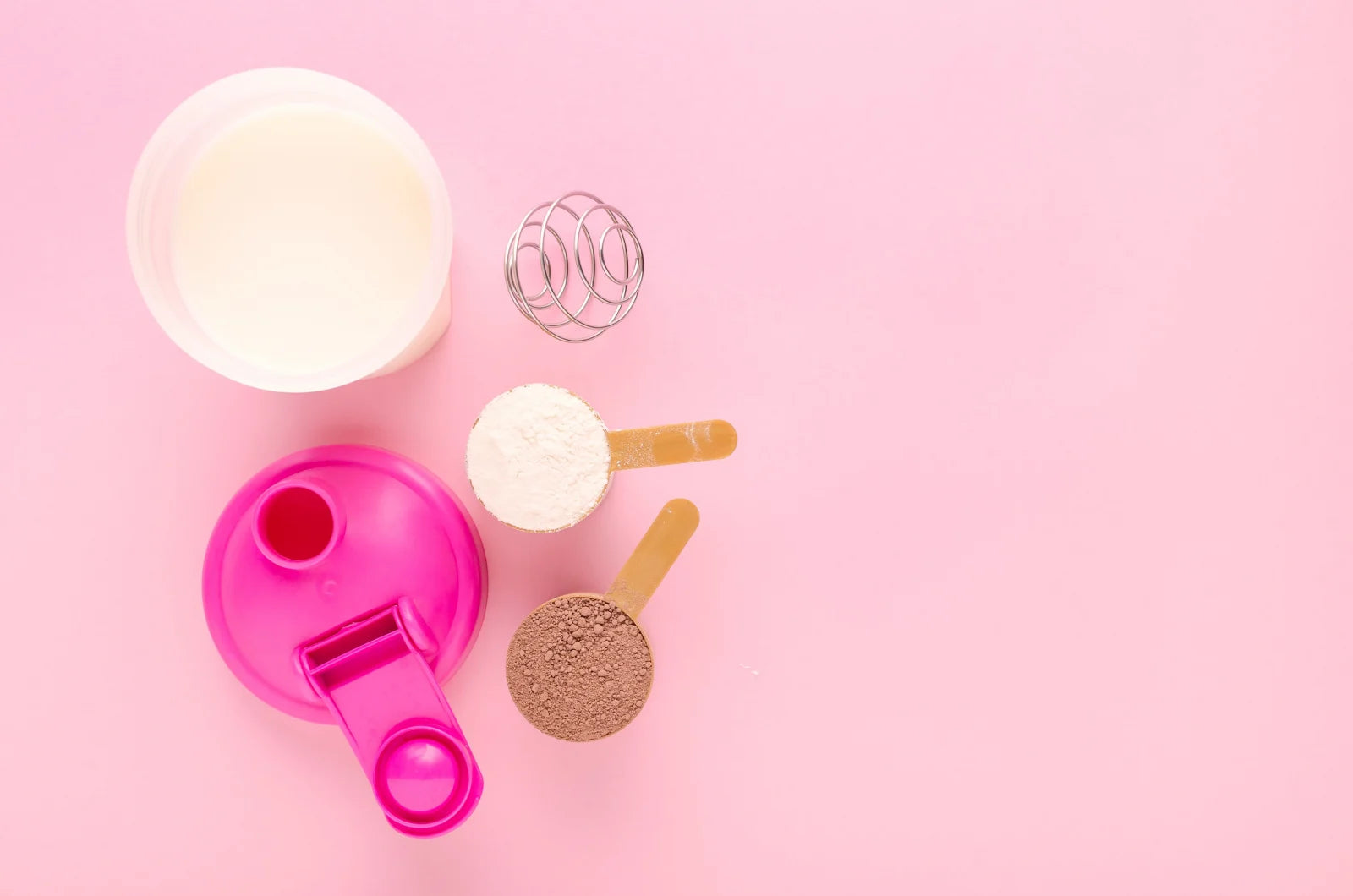
The holy festival ‘Ramadan’ is here. It is the 9th month of the Islamic calendar and a time when Muslims across the world fast during the daylight.
During this festival, Muslims do not eat or drink during the daytime and focus on only two meals per day. The ‘Suhoor’ or ‘Sehri’ is the meal which they take just before the dawn. The ‘Iftaar’ is the meal which they consume after sunset. The end of Ramadan is marked by ‘Eid-ul-Fitr’, the main festival during which they release their fast and celebrate the festival with family and friends.
It’s important not to go overboard when eating during Ramadan or celebrating the main day with your loved ones. If you follow this festival in the right way, it is a great chance to improve the balance of your diet that you can sustain in the longer term.
Scientific studies have evaluated the effects of Ramadhan fasting on people’s health and there are mixed results for the same. It was found out that the weather conditions and the length of the fast affect the health of a person. It might lead to constipation due to low water and fiber-rich food intake or it may help in losing some fat during the fasting period, but it was important to maintain this regime post the festival too.

Let’s list down what all you need to begin a healthier fasting in Ramadan
- Stock up good amount of fresh vegetables and seasonal fruits. These vegetables and fruits will give you good amount of vitamins and minerals.
- You can even be creative and prepare juice for your entire family to gain the maximum benefit. It will help you to protect from the dehydration due to hot weather.
- Make sure not to add sugar while preparing the juice.
- Try to use low-fat milk or remove the fat layer from the top of your milk.
- Try selecting lean meat, fish or chicken instead of red meat which are full of fat and cholesterol.
- Follow the cooking methods like grilling, boiling, baking rather than deep frying.
- Consume fibre rich ingredients like whole grains, pulses, legumes, and drink water during the iftaar and suhoor.
What foods should you have during Suhoor?
Suhoor – It is the first meal of your day and the only meal before your fast begins. Hence, the ‘Suhoor’ meal needs to be wholesome to provide enough energy to survive the entire day without getting tired and exhausted. Suhoor should include the following foods:
Fibre Rich Fruits and Vegetables: Consume dietary fibre rich fruits and vegetables as they provide satiety or feeling of fullness and help prevent constipation. They also contain vitamins, minerals and phytochemicals that are vital for good health. Dietary fiber also helps to avoid constipation and keeps our bowel movements intact. Make porridge from oats or whole wheat, barley, etc, add fruits, dry fruits, etc.
Drink Water: Before you begin consuming your meal, drink one glass of water on an empty stomach. This will help prevent acidity and smoother your digestion process.
Dairy Products: Calcium-rich dairy products will help you to maintain stronger bones. Consuming high-calcium dairy products also helps maintain strong bones. For lactose intolerant, soy or almond milk can be the option. Yogurt can also be a great option to have it as a meal, add fruits dry fruits to it and you will not feel dehydrated for the entire day.
Lean Meats: Go for lean meats like chicken, fish or white meat instead of fat-laden red meat.
What foods should you have during Iftaar?
Iftaar – It is the first breaking of the fast and hence important to go for plenty of fluids. It would be the first and the last meal of your entire day. It is the first meal of your day and the only meal before your fast begins.
-
Fresh Dates – You must have seen dates floating around in the market during this time, traditionally there is a reason behind this. Dates are a great way to break the fast as they are rich in iron, natural sugars which will provide enough energy, potassium, copper, and manganese and yes of course – the fiber.

- Drink plenty of fluids: Make sure you begin your iftaar with a glass of water, fruit juice, or smoothie. Completely avoid soda or soft drinks as it will make you feel full due to the soda and hungry sooner. A milkshake or a smoothie is also a great alternative to start your iftaar as it will provide all the necessary nutrients. Avoid adding too much sugar.
- Fruit – Lovely time to add mangoes in your diet. Mangoes are full of vitamin A, C, iron, zinc, and energy. Apart from mango, you can opt for any fruits right from watermelon, water apple, oranges, etc.
- One meal soup: A soup prepared from the lentils like beans, pasta or barley with vegetables will provide sufficient energy and all the required nutrients. Make sure to keep the soup a little chunky or serve with a bread piece or sticks to give it a chewy texture.
- Go for lean meat: Prepare the chicken or fish vegetable with gravy or add the pieces to the soup to avoid the dryness or you can simply prepare the starter using it. Avoid red meat as it may make you feel more and more thirsty due to high-fat content.
These small tips can work a great way as you relatively have a short time each day to provide sufficient nutrients and, so the quality of your diet is especially important during Ramadan. If possible for you, to help digest your food – try light exercises like going for a walk.






